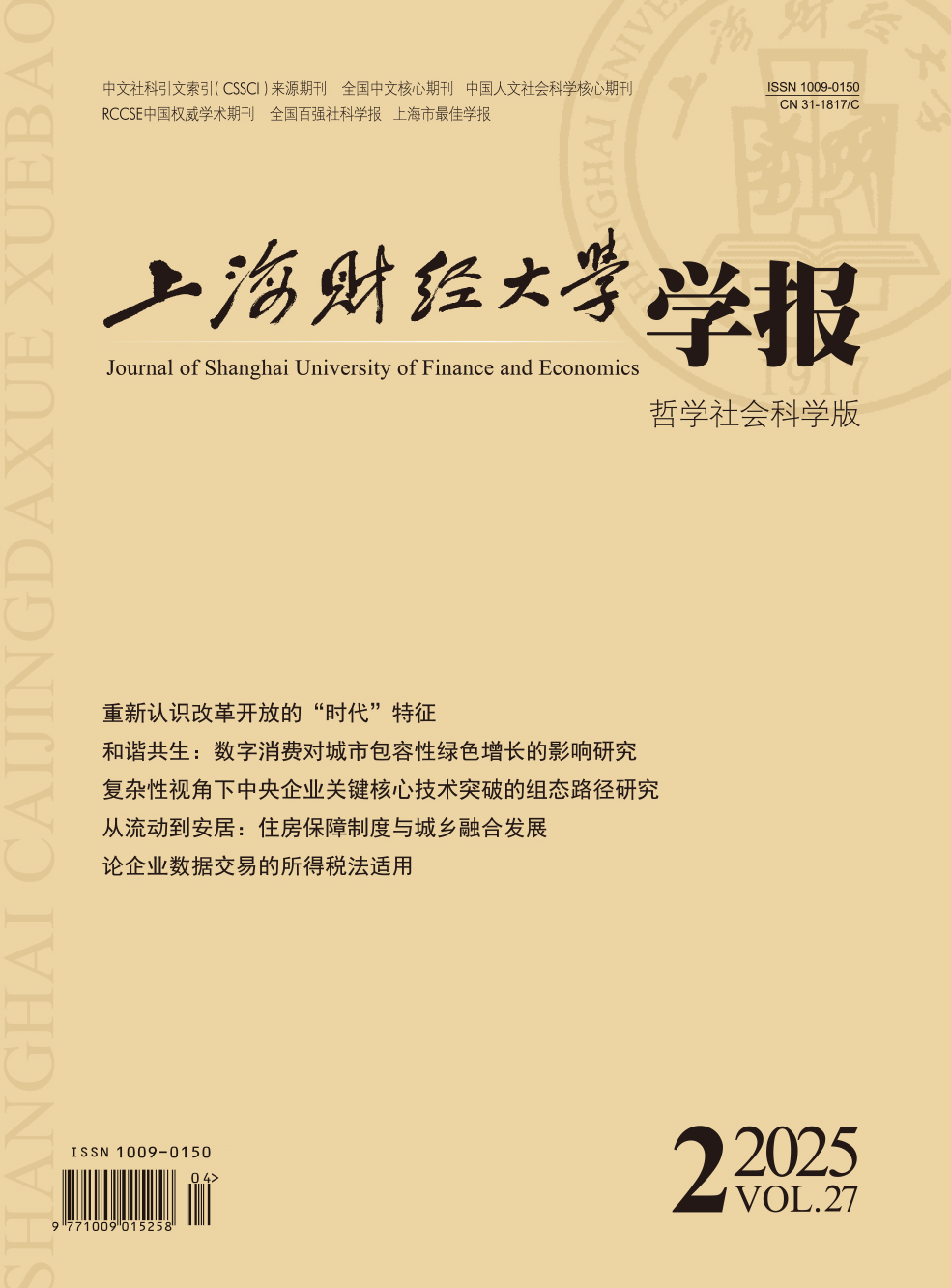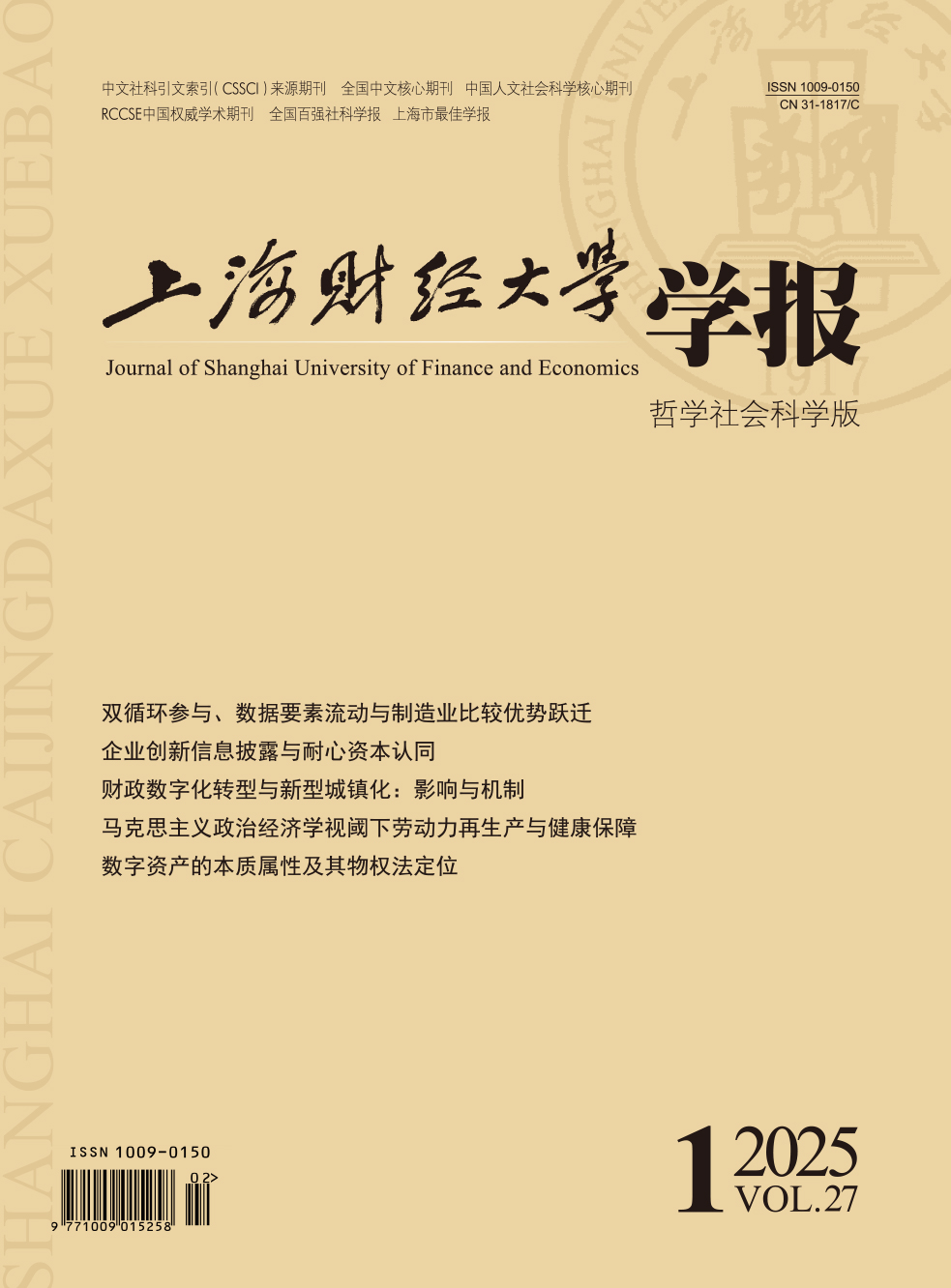In the context of the rapid development of the digital economy and the accelerated cultivation of new quality productive forces, discussing their impact on the social insurance system from the perspective of digital transformation is of far-reaching significance for promoting the protection and improvement of people’s livelihood in the development, and then completing this major task of Chinese path to modernization.
This paper proceeds from the enterprise level where the main body of employment absorption lies, and utilizes the panel data of listed companies in China from 2007 to 2022 to investigate the actual impact of digital transformation on corporate social insurance contributions and its variation mechanism. The results show that digital transformation significantly improves the social security contribution rate of enterprises. After the structural decomposition of the actual social security contribution rate, it is found that from both the overall and per capita perspectives, the social security contribution level, the wage level, and the number of employees all show significant increases, and the upgrading effect of human capital and the size effect in markets are important influencing mechanisms for the above phenomenon. In addition, this promotion effect is more significant in capital-intensive enterprises and enterprises with lower bargaining power.
This paper not only confirms the positive impact of digital transformation on social insurance contributions, but also indicates that when promoting the development of the digital economy at the present stage, there is no need to be overly concerned about the impact of the “substitution effect” of digital transformation on the social security system. However, considering the promotion of the upgrading effect of human capital, government departments should focus on protecting and improving the employment rights and environment of low- and medium-skilled workers in development, so as to solidly promote common prosperity.





 972
972  1379
1379

